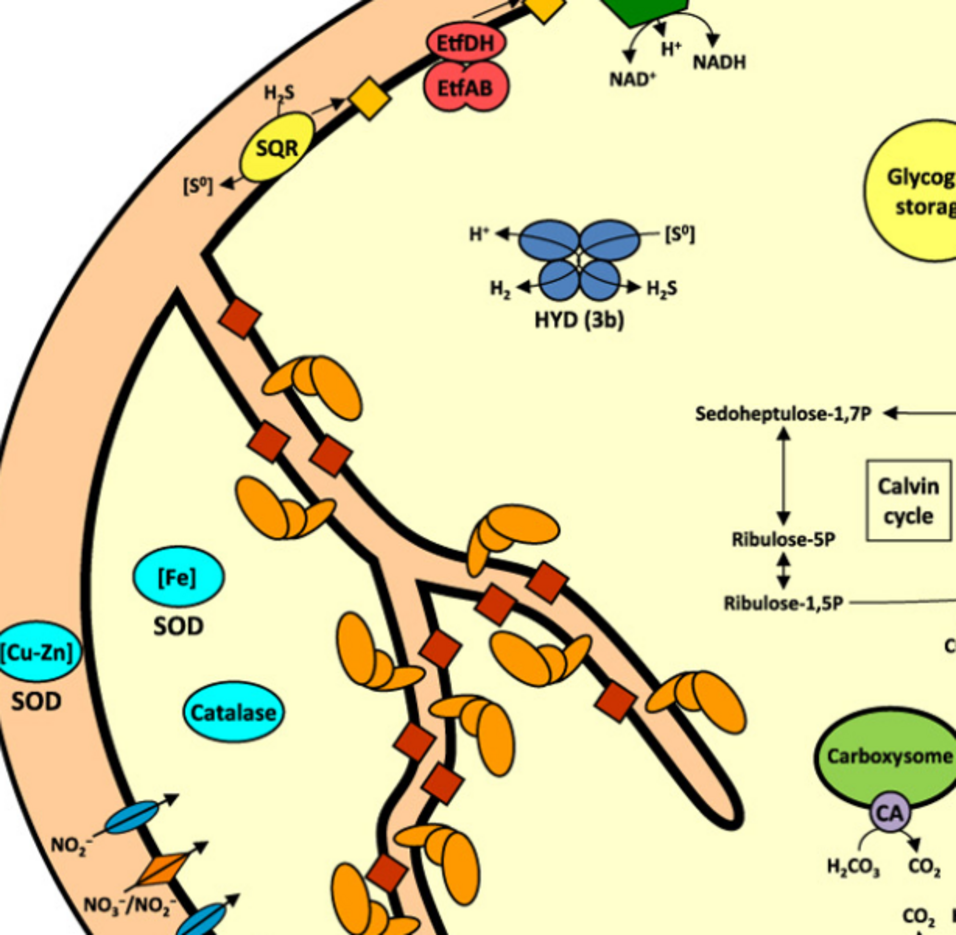Nitrate, which is mainly produced by nitrite-oxidizing bacteria (NOB), is by far the largest pool of fixed nitrogen in the world's oceans. Despite the huge ecological impact of marine NOB, very little is known about their physiology and adaptability. An international team of scientists from the UK, The Netherlands, Germany, and Austria including DOME group leader Holger Daims now reveals an unexpected metabolic versatility of the worldwide distributed marine NOB of the genus Nitrococcus.
These hardly studied NOB not only oxidize nitrite but also reduce nitrate, releasing the potent greenhouse gas nitrous oxide, and can participate in the sulfur cycle by aerobically oxidizing sulfide. These findings shed new light on the functions of Nitrococcus and their potential responses to the currently fast-changing conditions in the oceans.

